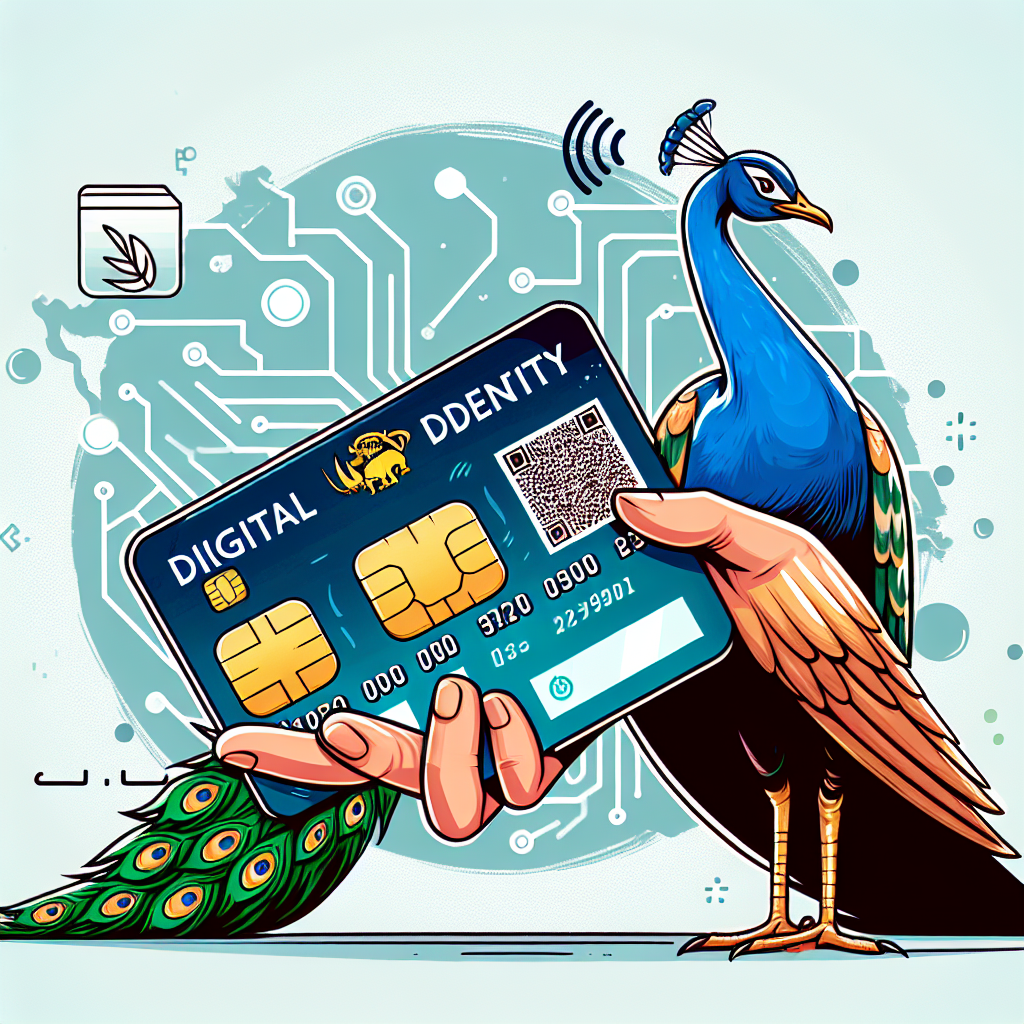Sri Lanka's Digital Identity Dilemma: A Clash Over Sovereignty and Security
Sri Lanka's Supreme Court has raised concerns over the India-funded Sri Lanka Unique Digital Identity programme following a petition that claims it violates fundamental rights and lacks transparency. The petition highlighted potential national security risks from sharing citizens' biometric data with foreign entities, and the next hearing is scheduled for October 17.

- Country:
- Sri Lanka
The Supreme Court of Sri Lanka has issued notices to President Anura Kumara Dissanayake and the Cabinet over concerns regarding the Sri Lanka Unique Digital Identity (SL-UDI) project. This move follows a petition highlighting alleged violations of fundamental rights linked to the programme.
Ex-minister Wimal Weerawansa filed the petition, arguing the government's pursuit of the India-backed digital ID initiative compromised transparency and bypassed parliamentary and public scrutiny. The project aims to mirror India's Aadhaar system, providing secure digital IDs to Sri Lankans via a Memorandum of Understanding signed during Prime Minister Narendra Modi's visit in April.
Weerawansa contends that amendments to the original MoU have granted India control over critical technical aspects of the project. He warns of significant national security risks, citing the potential exposure of citizens' biometric data. The Supreme Court has scheduled the next hearing for October 17.
(With inputs from agencies.)
ALSO READ
Tension Escalates: Security Heightened for IAEA Chief Amid Iran Concerns
Assam's New SOP for Interfaith Land Transfers: A Security Measure or Hindrance?
Delhi University Students Challenge Security Bond for Elections
Diplomatic Standoff: U.S. Allegedly Influences Greenland's Sovereignty
Rajnath Singh on Future Warfare: Adapting to a New Era of Security Challenges










